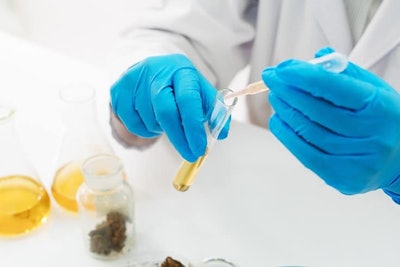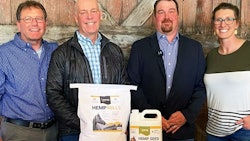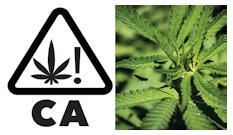
TEL AVIV, Israel, June 14, 2021 – PRESS RELEASE – Leafreport.com,
a peer-reviewed watchdog website for the cannabidiol (CBD) industry, announced the
results from a comprehensive review of hemp-derived delta-8 tetrahydrocannabinol
(THC) products with the purpose of seeing if these products are safe, legal and
contain the advertised amount of delta-8. Among the research findings, it was
found that more than half of the products tested had illegal levels of delta-9
THC. In addition, out of 38 tested products, only 12 (32%) had the advertised
amount of delta-8. The rest were off by 10.7% to 102.7% from the label.
Leafreport utilized a third-party testing facility
for the report. Among the findings, the company found that 20 (53%) of the
products were over the hemp legal limit for delta-9 (0.3% THC), containing as
much as 15.2% THC. In addition, 13 (34%) of the products did not clearly list
the delta-8 content on the label or online product description. Most of the products
(68%) had less delta-8 than advertised.
“Hemp-derived delta-8 THC has exploded in popularity
in 2021. It has been touted as a ‘legal high,’ but delta-8 products have also
raised concerns over their legality, safety and accuracy. This is why we felt
it was important to test these products,” said Lital Shafir, the head of
product at Leafreport. “Leafreport’s mission is to help promote transparency
across the CBD industry and educate consumers so they can access products that
are safe and offer the contents being advertised. Reports like this shed light
on delta-8 products, educate consumers and hopefully encourage companies to be
more diligent about their testing standards.”
The report also showed that delta-8 pre-rolls and
gummies were more likely to have inaccurate delta-8 levels than tinctures and
vape products.
Leafreport utilized the Las Vegas-based cannabis
testing lab Canalysis for
third-party testing. The lab technicians tested them for potency and heavy
metals, and recorded the results in documents called certificates
of analysis (COAs).
This report is one of many
completed by Leafreport aimed at informing consumers about
various aspects of the CBD industry. The company has previously sent CBD
products to the cannabis testing lab Canalysis to see if they contained the
advertised levels of CBD, among other tests. These reports include recent
deep-dives into topicals, edibles, beverages
and more.
To read the full report from Leafreport, visit: https://www.leafreport.com/education/delta-8-thc-products-market-report-11339.
Visit Leafreport.com for additional reports and
product information for consumers related to delta-8 and other topics.


























